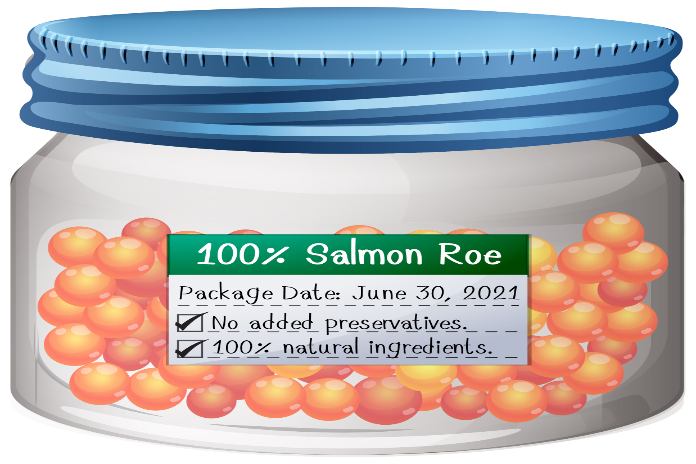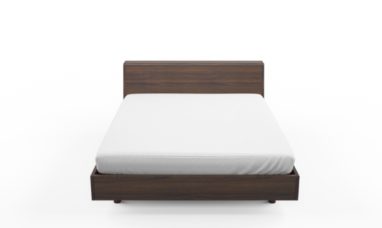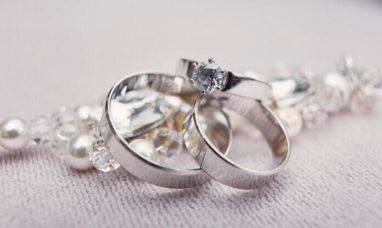You know how unpleasant it can be when you keep things past their “best by” dates if you’ve ever unintentionally eaten something that was past its expiration date. However, not all goods have an expiration date. In fact, some goods appear to be fine to use until you actually use them up.
A product should not be used just because there is no expiration date listed on it. Even some products that are supposed to last the longest can expire unexpectedly quickly, and if you don’t know this, you might be utilizing useless products.
Here are 5 everyday goods that many people don’t realize have an expiration date.
Bleach
One of the most practical cleaning supplies is bleach. It is strong enough to handle the messiest situations, including those in the laundry, kitchen, and restroom. It can be applied on a variety of surfaces, including garments. Most importantly, it’s one of the greatest ways to get rid of mold, pathogens, and other things.
However, bleach has a shelf life. Because bleach has a finite shelf life, it must be discarded and replenished on a regular basis.
Bleach has a three-month shelf life. Bleach starts to lose effectiveness after three months, which means it starts to work less effectively. Bleach loses effectiveness over time and can soon lose its disinfection properties if it is left unused under a sink or in a laundry room.
Packets of seasonings and spices
You probably aren’t the only one who keeps spices in your cabinet for a very long time. Many folks only switch out their spices once they’ve completely consumed the bottle. After all, spices are often kept in airtight containers after being dried.
Unfortunately, keeping your spices safely tucked away in a cabinet or pantry won’t ensure their longevity. Spices have an expiration date, as do the spice-filled seasoning packages that are frequently used to make sauces and flavor recipes.
The shelf life of spice and seasoning sachets can range from two to four years. Spices lose potency as they age; their flavor starts to fade, and they practically lose all of their usefulness.
But more significantly, spices that are out-of-date or expired can really make you sick. While adding outdated spices to meals won’t likely do long-term harm to your health, it may give you a stomach ache or other digestive problems.
Hydroxyl acetate
Having hydrogen peroxide around the house is quite helpful. Due to its antiseptic properties, it can aid in the eradication of many bacteria, viruses, fungus, and even mold spores. Due to its versatility in treating cuts, scratches, and other wounds, it is also a mainstay in many household first aid kits.
Additionally, a lot of people keep bottles of hydrogen peroxide on hand for a very long time. Hydrogen peroxide, like bleach, loses strength, power, and effectiveness when stored for an extended period of time. In fact, it can even lose its validity before being opened.
Hydrogen peroxide loses its potency roughly six months after being opened and used. Hydrogen peroxide has a shelf life of one to three years if not opened. When it dies, it will gradually transform into water. When you open your bottle, look for bubbles and fizzing to see if it’s still OK.
Household disinfectants and cleaners
The typical household has a wide variety of cleaning tools and supplies on hand. And even though you probably use those cleaning supplies fairly frequently, it never hurts to have a backup supply on hand.
Check all of your cleaning materials. Despite being “shelf stable” or able to be stored for extended periods of time without going bad, certain cleaners have chemicals that can make them go bad.
Most multi-surface household cleansers and disinfectants have a two-year shelf life. These cleansers will only last a year if they contain antibacterial components. See whether anything in your previous cleaning supplies is a year or older.
Typically, when cleaning supplies expire, they simply lose some of their effectiveness. However, if they’re kept in plastic containers, the plastic itself may degrade with time, altering the chemical composition of the cleaning chemicals.
Sunblock
Many folks don’t consider using sunscreen until the spring. It’s time to use your sunscreen and adopt proper skincare practices as the weather turns sunny once more.
But do you ever check to see if your sunscreen has run out? A lot of folks don’t.
Despite having a long shelf life, sunscreen does eventually expire. Sunscreen has a three-year shelf life. However, it should be thrown away when three years have passed. Sunscreen is less effective after it has passed its expiration date, so it can’t protect your skin as well from the sun’s rays.
Try to recall when you bought your sunscreen if the bottle doesn’t have an expiration date printed on it. It’s probably time to throw out your current sunscreen and buy a new one if you can’t recall how long you’ve had it.
Featured Image: Freepik © brgfx







